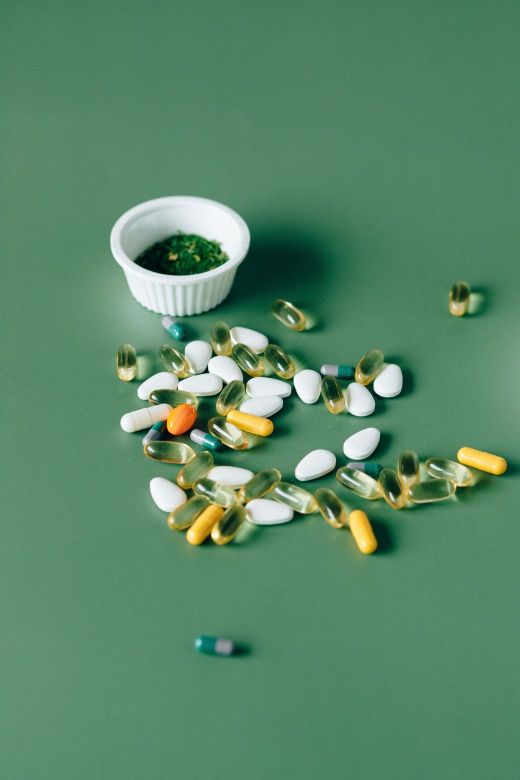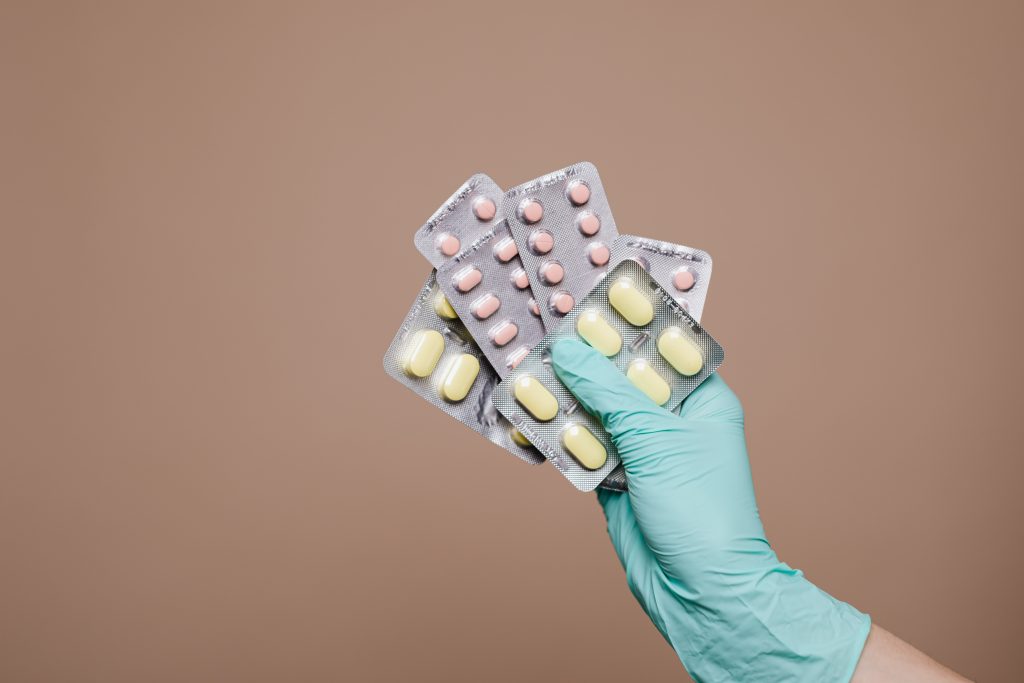
Understanding the Connection and Treatment Options
Substance addiction and mental health are two interrelated problems that have a large global impact on people. Substance misuse can worsen mental health concerns whereas disorders including depression, anxiety, and post-traumatic stress disorder (PTSD) might raise the likelihood of substance addiction. It is crucial to comprehend how mental health and substance addiction are related in order to create effective preventative and treatment strategies for people with co-occurring illnesses.(Link between substance use and mental health)
The Connection Between Mental Health and Substance Abuse.
Substance misuse and mental health are frequently linked. When dealing with their symptoms or as a form of self-medication, people with mental health issues may turn to drugs or alcohol. Because substance abuse upsets the brain’s chemical equilibrium and exacerbates symptoms like anxiety and despair, it can also exacerbate mental health disorders. Abuse of substances can result in the emergence of mental health conditions such as depression and anxiety disorders.

Mental Health Conditions That Increase the Risk of Substance Abuse.
Several mental health conditions enhance the risk of substance abuse. These conditions include bipolar disorder, PTSD, depression, anxiety, and schizophrenia. People with these conditions may turn to drugs or alcohol to ease their symptoms or to numb emotional pain. They might also be more susceptible to peer pressure and have a higher desire to blend in or flee from their problems..https://www.samhsa.gov/

How Substance Abuse Affects Mental Health.
Abuse of drugs or alcohol can have a serious impact on one’s mental state. Mental health disorders like depression, anxiety, and psychosis can be brought on by or made worse by protracted substance usage. Memory loss, cognitive decline, and other neurological issues might also result from it. Additionally, substance addiction can result in social and professional issues, such as strained relationships, financial troubles, and job loss.https://www.drugabuse.gov/

Treatment Options for Co-Occurring Disorders.
Co-occurring mental health and substance addiction issues are frequently treated most successfully with integrated treatment techniques. Instead of handling the two problems separately, these strategies deal with them both at once. Therapy, drugs, support groups, and lifestyle modifications are all possible treatment options. In some instances, people may need specialized care in a residential treatment center to effectively manage their symptoms. .https://www.nami.org/

Stigma and Seeking Help.
The stigma surrounding mental illness and drug usage is still quite strong, which is unfortunate. A person’s disease may worsen and cause more serious issues if they don’t seek care because of this stigma. It’s critical to understand that asking for assistance is a sign of strength and that there are tools available to assist people in efficiently managing their symptoms. Encouragement to seek assistance and a decrease in the stigma attached to substance misuse and mental illness can significantly improve the lives of those affected..https://www.aa.org/
Conclusion.
In conclusion, mental health and drug usage are two connected problems that can have a big impact on people’s life. For the purpose of creating effective prevention and treatment strategies for people with co-occurring disorders, it is crucial to comprehend the relationship between mental health and substance misuse. It’s crucial to detect the symptoms of mental health and drug misuse problems and to get help if necessary. With the right care and assistance, people can effectively manage their symptoms and lead fulfilling, healthy lives..https://www.na.org/

